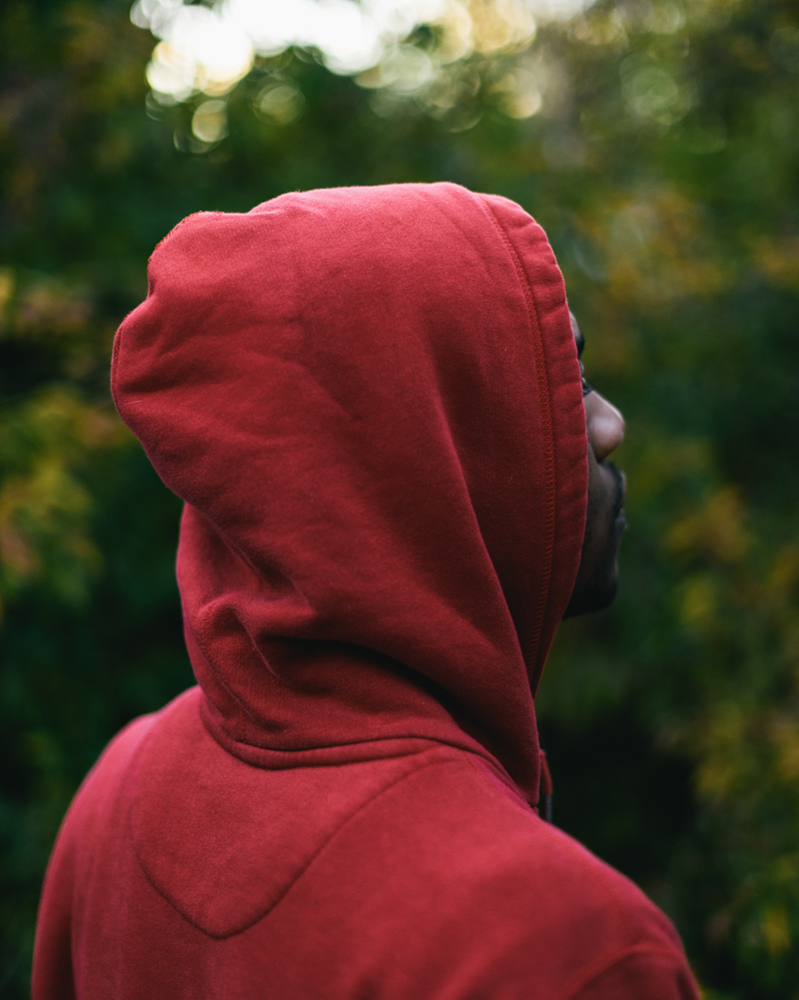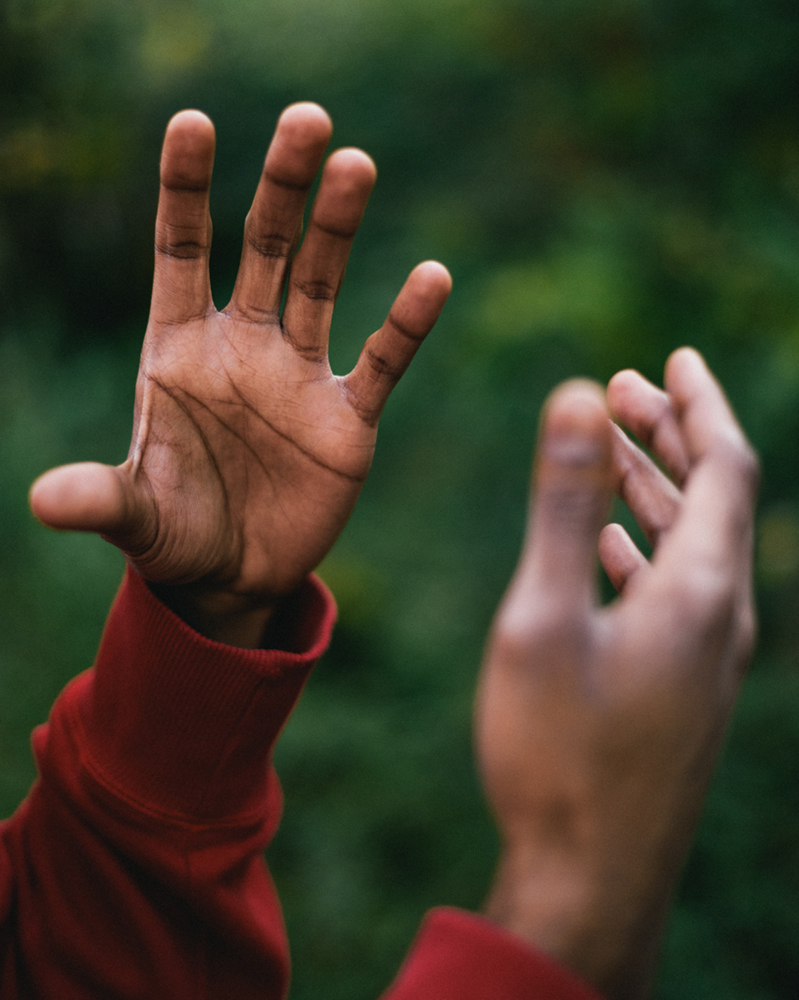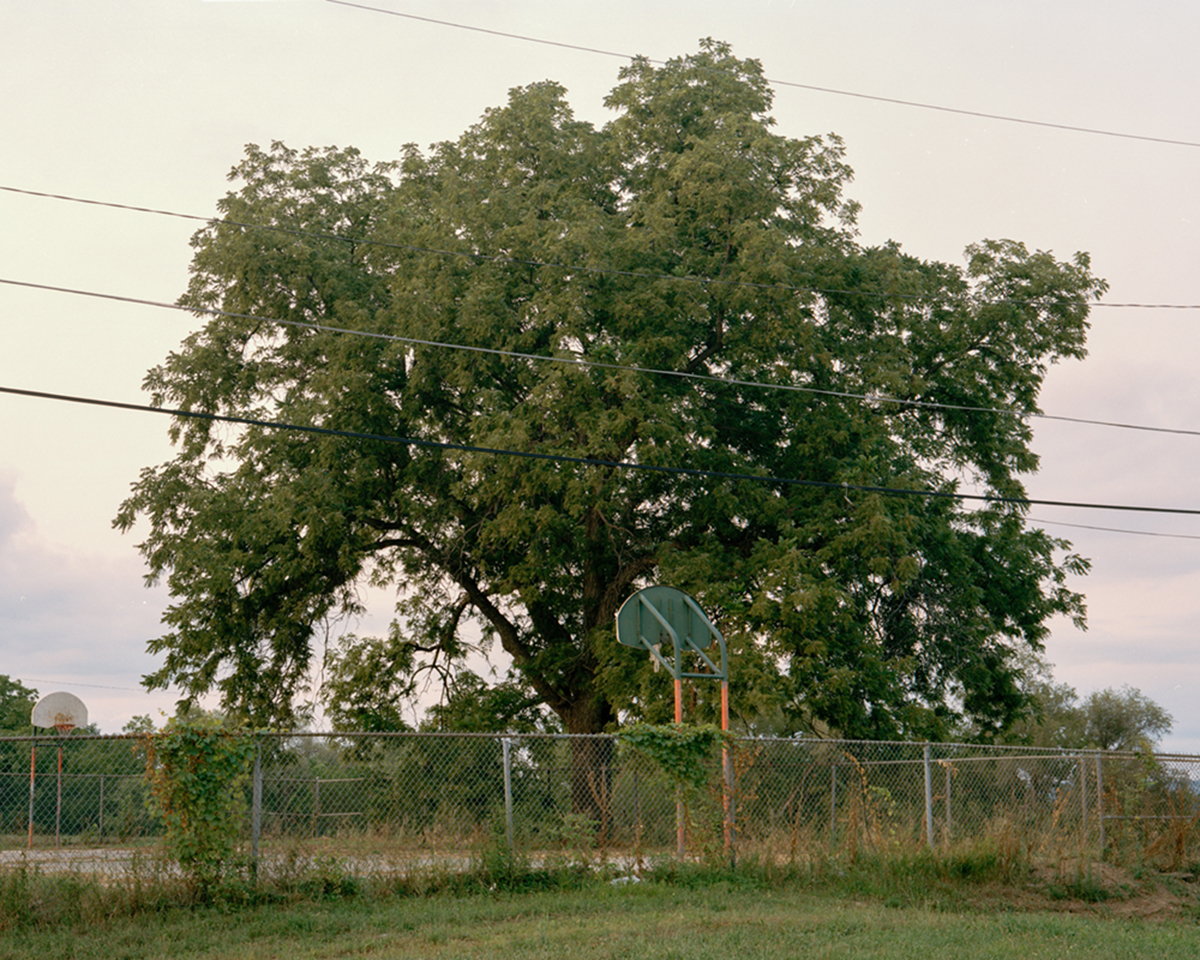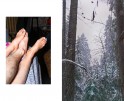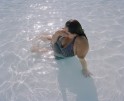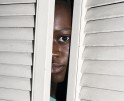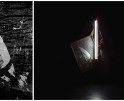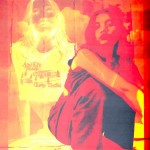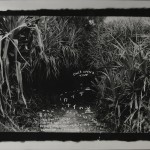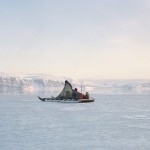Zora J Murff: 2018 Lenscratch Student Prize First Place Winner
As we enter into our sixth year of the annual Student Prize competition, we at Lenscratch find ourselves truly amazed at the quality of work that passes through the submission inbox year after year after year. Aline Smithson and myself were joined by previous Student Prize winner Shawn Bush as we sat down with nearly 200 submissions from all over the world. It is with great pleasure to announce the first-place winner Zora J Murff, recognizing his body of work Re-Making The Mark, and also celebrating his excellence as an MFA graduate from University of Nebraska–Lincoln.
In his body of work Re-Making The Mark, Zora navigates iconography that is structured upon historical and cultural racial profiles. It is hard for me to articulate themes of race and violence when looking at the breadth of Zora’s work because my privileges have allowed me to slip by in life without addressing either. This is why the work that Zora does is truly important. It facilitates conversations that are hard to have, and it provides representation when there is lack thereof. Re-Making The Mark highlights the beauty and normality that should be seen within people of color and their communities, though emphasizes the realities of how racism is rooted in signifiers regardless of the time of day.
Zora’s work is currently on view at the California Institute of Integral Studies in San Fransisco from July 5 – October 28.
Zora J Murff is an MFA Candidate in Studio Art at the University of Nebraska–Lincoln. Zora attended the University of Iowa where he studied Photography and holds a BS in Psychology from Iowa State University. Combining his education in human services and art, Zora’s photography focuses on race, identity, and how images are used to reinforce social and cultural constructs. His work has been exhibited nationally and internationally, and featured online including the British Journal of Photography and The Guardian. His work has also been published in Aperture Magazine, VICE Magazine, GOOD Magazine, and The New York Times. Zora was the Daylight Photo Award Winner in 2017, a Lensculture 2017 Top 50 Emerging Talent, and a Joy of Giving Something Fellow through Imagining America in 2016. Zora’s first monograph, Corrections, was published by Aint-Bad Editions, and his second monograph Lost, Omaha was published by Kris Graves Projects. Zora is also a Co-Curator of Strange Fire Collective with Jess T. Dugan, Hamidah Glasgow, and Rafael Soldi.
Re-Making The Mark
I don’t know how many videos of Black people being killed by police officers I have watched, but I know the power these images possess. They are injurious, yet informative, shifting how I navigate my Black body through this world. As I deal in researching and making images, this profound effect born from the visual was curious to me, compelling me to dig past the image’s surface. What I found was an inescapable component of American history pockmarked with the theft of Black life by white hands, and the photographic documentation of that violence.
The oppression of Black individuals in America has continued to evolve, expanding the ways in which violence is perpetrated. We must now perceive violence dichotomously between fast and slow. Forms of fast violence are readily understood because there is a perceived risk. Forms of slow violence are less comprehensible because of the wide chasm between cause and effect. Working in the historically Black neighborhood of North Omaha, Nebraska, I evaluate the fallout of government-endorsed prejudicial housing policies—known as “redlining”—that have affected this place and propose them as a form of slow violence.
Re-Making The Mark prompts inquiry into how racial violence has been recorded through images, and how these same images can be used to interrupt collective belief. I accomplish this by invoking the notion of the photographic archive; addressing the convergence of the physical and social landscape; and reinterpreting complex narratives about race, power, and violence. I accomplish this by tapping into the archive’s functions to generate a subset of knowledge, make a claim on history, and serve an ideological or political intent. Creating a collection of images meant to be scrutinized in both their historical and contemporary contexts, I metaphorically connect fast and slow violence. In this body of work, witnessing is intertwined with critical analysis, and I provide a deeper understanding of systemic white supremacy and the resulting violence therein.
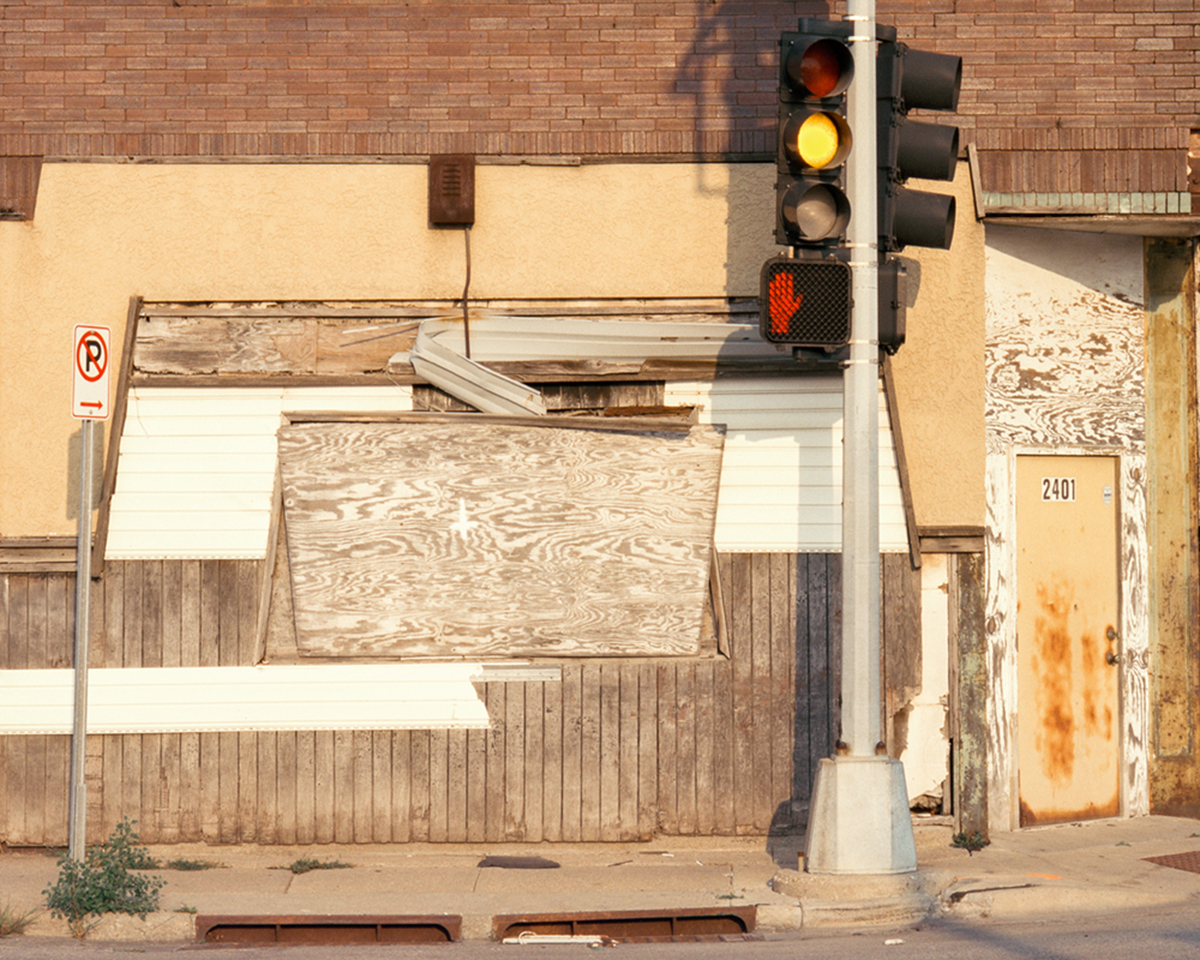
©Zora J Murff
How has studying photography changed the way that you think and create photographic imagery?
My educational background isn’t in art, and I wasn’t exposed to much art growing up. I graduated with a degree in Psychology in 2010, and that led me into the human services field. I picked up photography as a hobby and eventually decided to study it. When I began my first series Corrections, I was still pretty naive to what could be accomplished with photography, but I think my experiences with–and inherent drive for–working with people was highly influential on the work that I make.
As an undergraduate student, I worked closely with Jeff Rich and Margaret Stratton at the University of Iowa, and their leanings towards documentary photography was influential in how I conceptualized my own photographs and thoughts on photography. As a graduate student, I was still very interested in documentary photography, but I became more interested in how the genre could be expanded—how I could tell a story without being so directly tied to truth. That was a special thing about going to graduate school. I had time and resources to try different approaches to photography and broaden my thoughts on it.

©Zora J Murff
What is your position on the medium of photography in an age when the majority of the world carries a camera in their pocket? Do you see the line between the accessibility and the art?
Any way in which the medium can be further democratized is a great thing. Access to tools to create art and tell stories for those who often don’t have the privilege or power to do so is something that should—and must—happen. This can only lead to more people becoming critical about the imagery that create and consume on a daily basis.
I always struggle with the idea of accessibility and art, but I think that inside of the academic bubble, we are often pushed towards making art that excludes a lot of people. I think it’s important for all of us making work to keep that in mind, and constantly keep pushing boundaries and find ways to make our work available to broader audiences, not just those of us who “speak the language”.
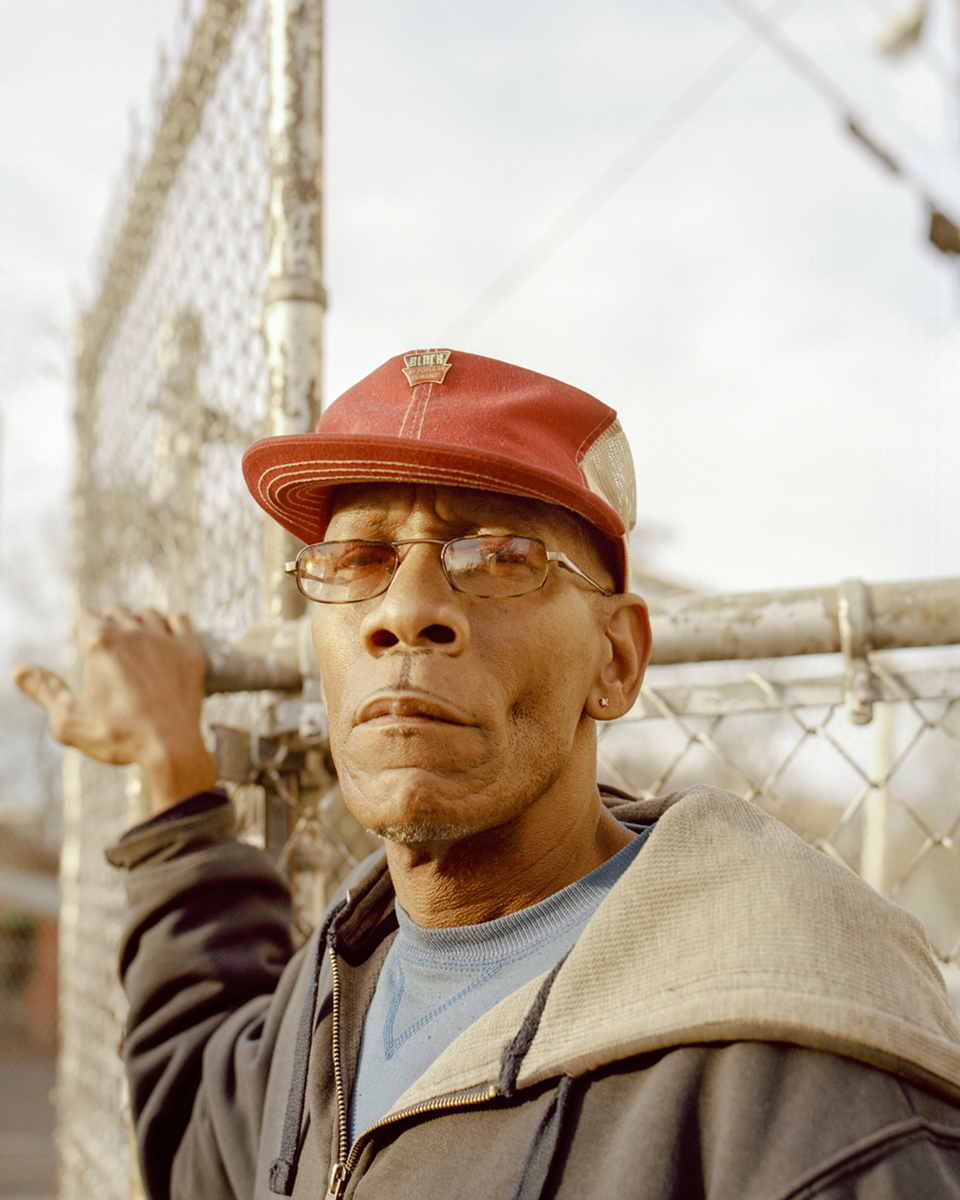
©Zora J Murff
What are your current cultural influences that exist outside of photography but feed into your current practice?
My second year of grad school was probably my most difficult. I struggled a lot with producing work that was successful, so I took a lot of time to do research. I was reading constantly about the history of redlining, the Great Migration, and critical race theory. At the same time, I had Kendrick Lamar’s To Pimp A Butterfly on repeat. I don’t know if it was serendipity, but I came across W.E.B. DuBois’s theory of double consciousness—how oppressed people measure their worth by the standards set forth by their oppressors (simply put). When I think about my photographic practice as a whole, I feel that how the image has been used as a way to both justify and battle stigmatization (and that very muddy relationship) is at the core of what I’m trying to unpack. Once I had a better understanding of this, I began to search for work—photography and otherwise—that did the same. I found artists like Toyin Ojih Odutola, Derrick Adams, Alexandra Bell, Cosmo Whyte, Kerry James Marshall, Horace Pippin, and Jacob Lawrence. These are all artists that I came to independently, artists often overlooked or minimized by the academic setting I was in, and they became very important in my exploration of my own ideas of what it means to Black in America today.
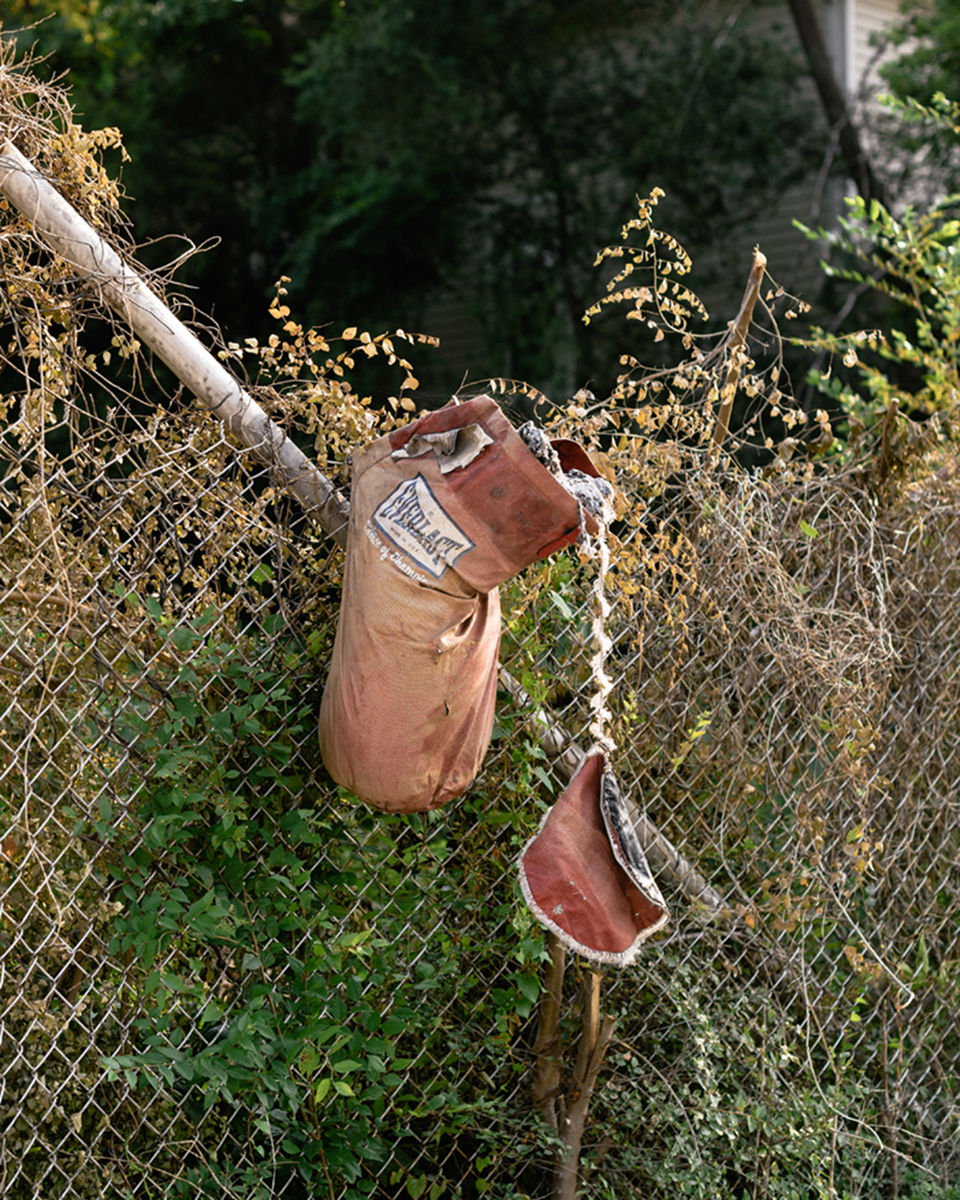
©Zora J Murff
While working on Re-Making The Mark were you thinking about or channeling anyone specifically? Has there been another photographer or photographic series that has aided in the initial development of this work?
Seeing LaToya Ruby Frazier’s The Notion of Family and hearing her speak about her work was groundbreaking for me. How she situates herself and her family in the history of Braddock, PA opened my eyes to how a landscape could influence a people and vice versa. I’m not from North Omaha, so I couldn’t relate on quite that level, but I strived for my work to have that range—considering how the past influences the present, and how we cannot address current injustices without rectifying the past. I also received a copy of Light Work’s Contact Sheet 189 featuring work and writing by Stanley Wolukau-Wanambwa. In my critiques, I spoke a lot about the history of redlining, and how it shaped today’s landscape, but it wasn’t until I read Stanley’s words about archival images that I found the courage to begin that line of inquiry.
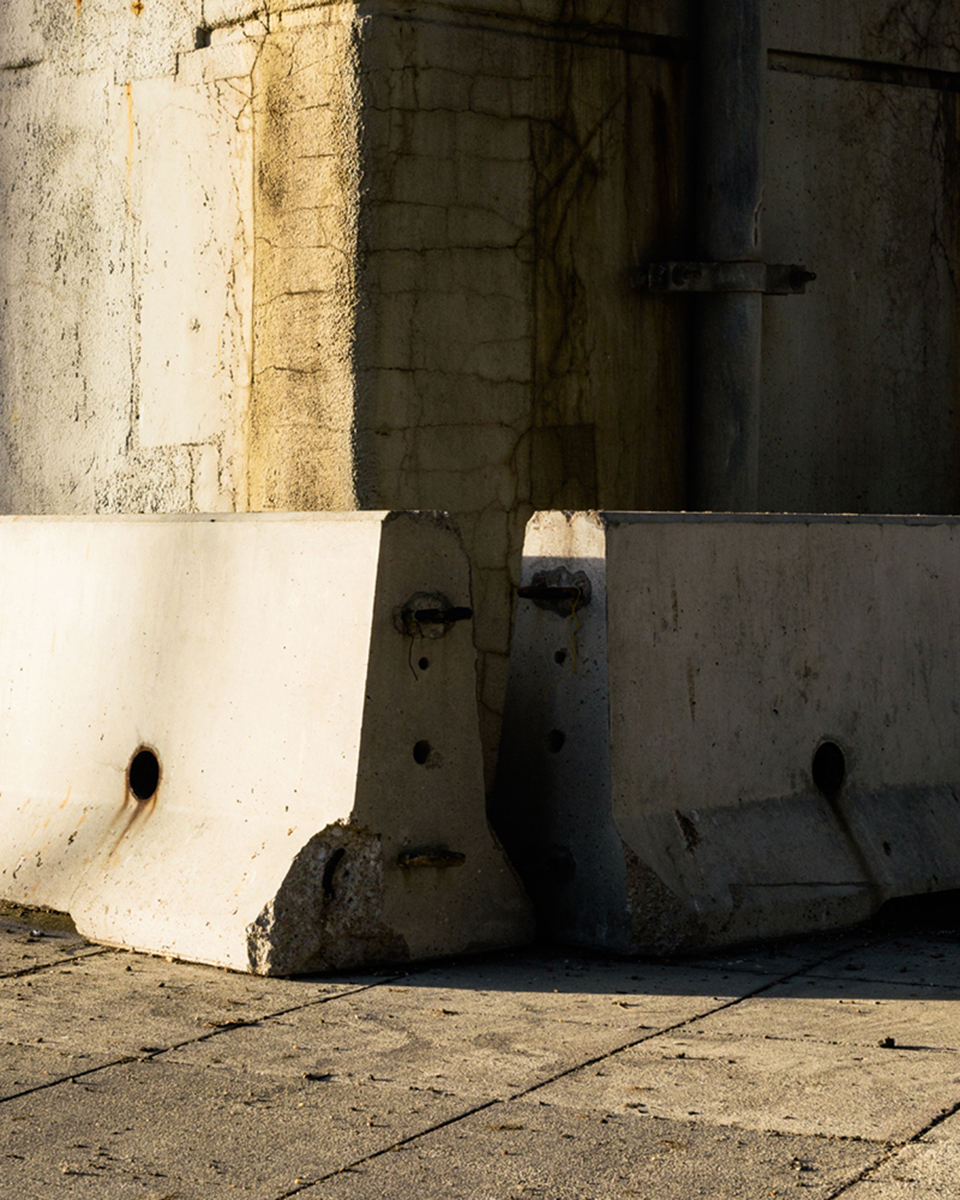
©Zora J Murff
Future plans? How will you keep the fire alive?
I was fortunate enough to be hired on as a Visiting Assistant Professor at the University of Arkansas. Teaching has been a dream of mine for some time, and I’m very excited to start this new journey. I think working with students is one way that I stay inspired on a day-to-day basis because I’m always thrilled to talk about photography. I’m also looking forward to working in a different landscape to see where that takes my work.
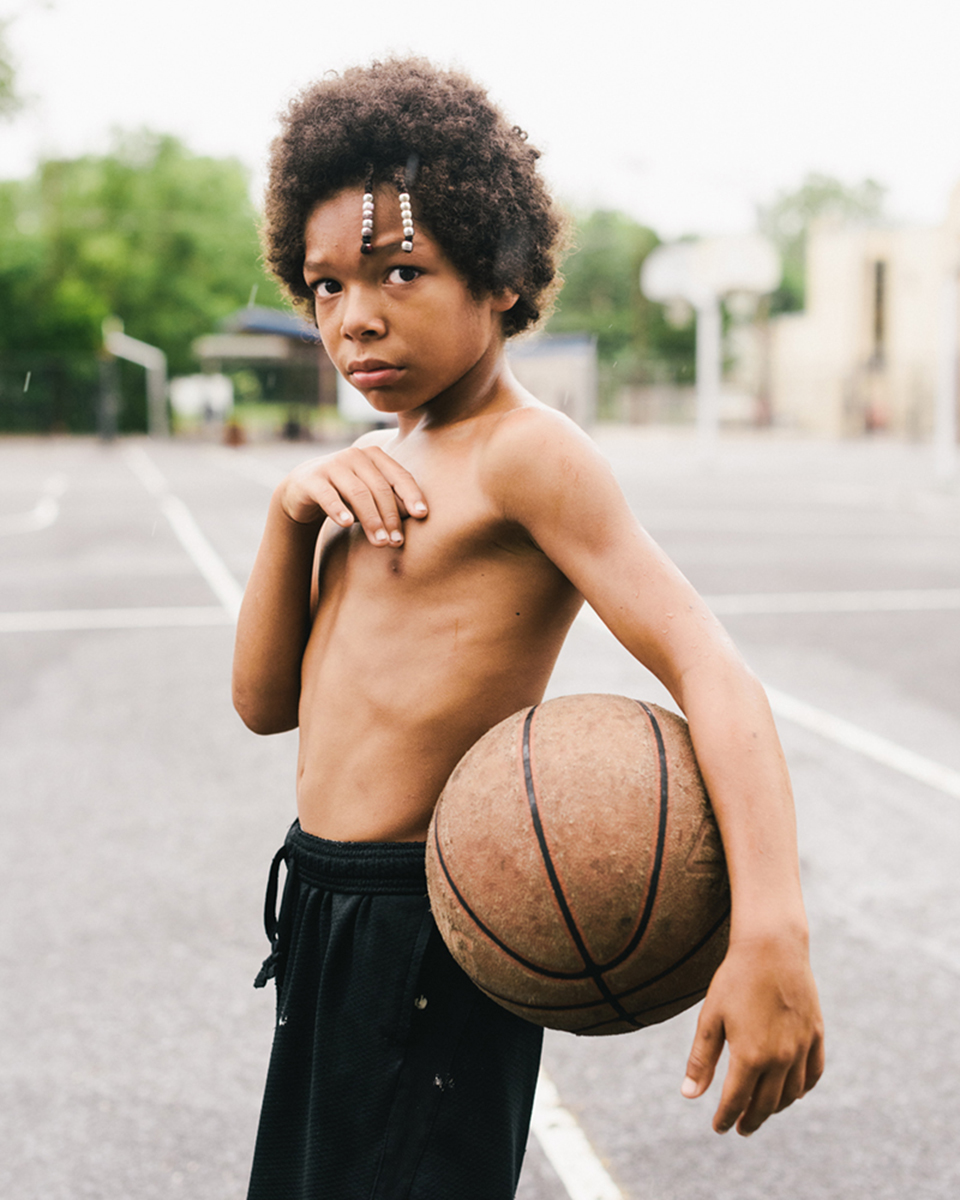
©Zora J Murff
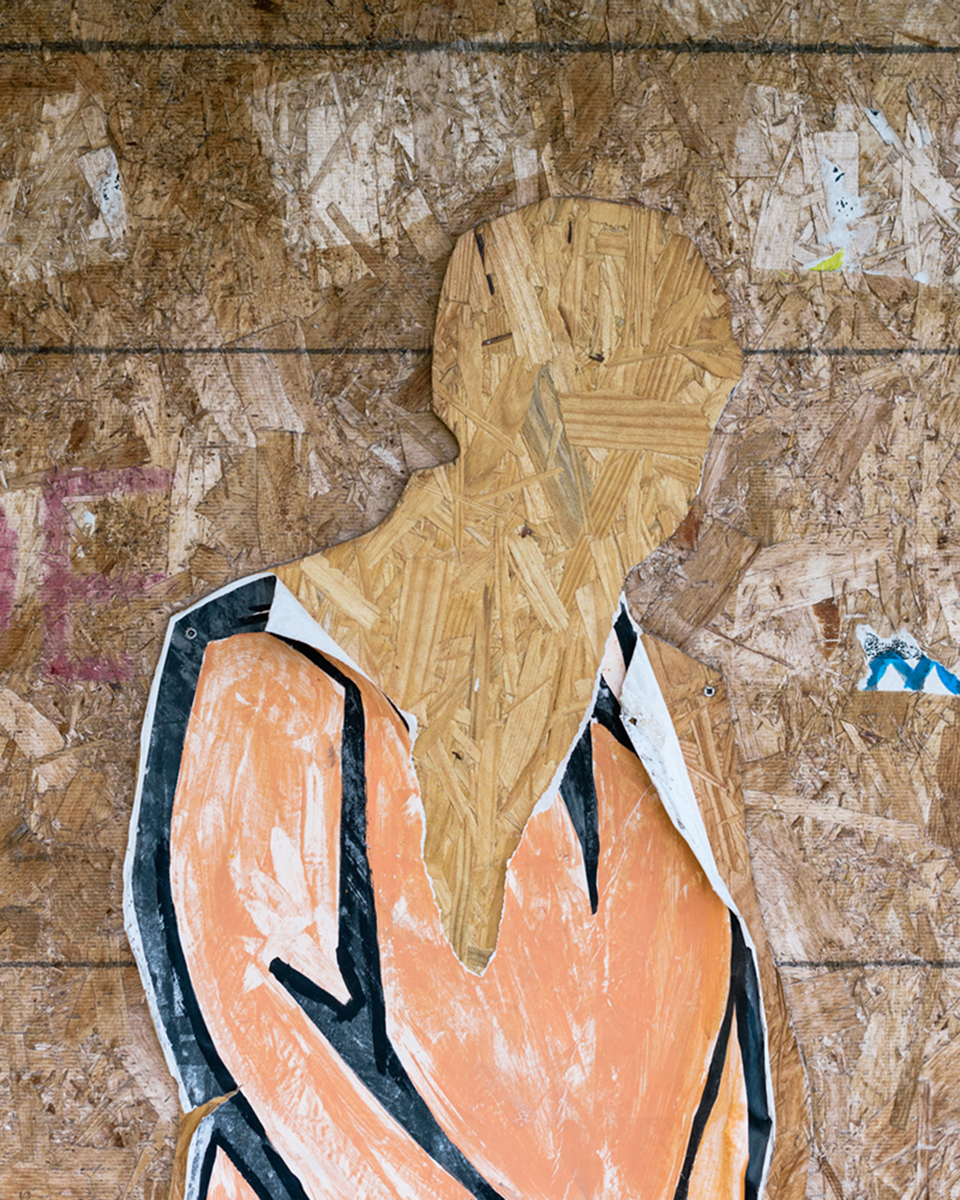
©Zora J Murff
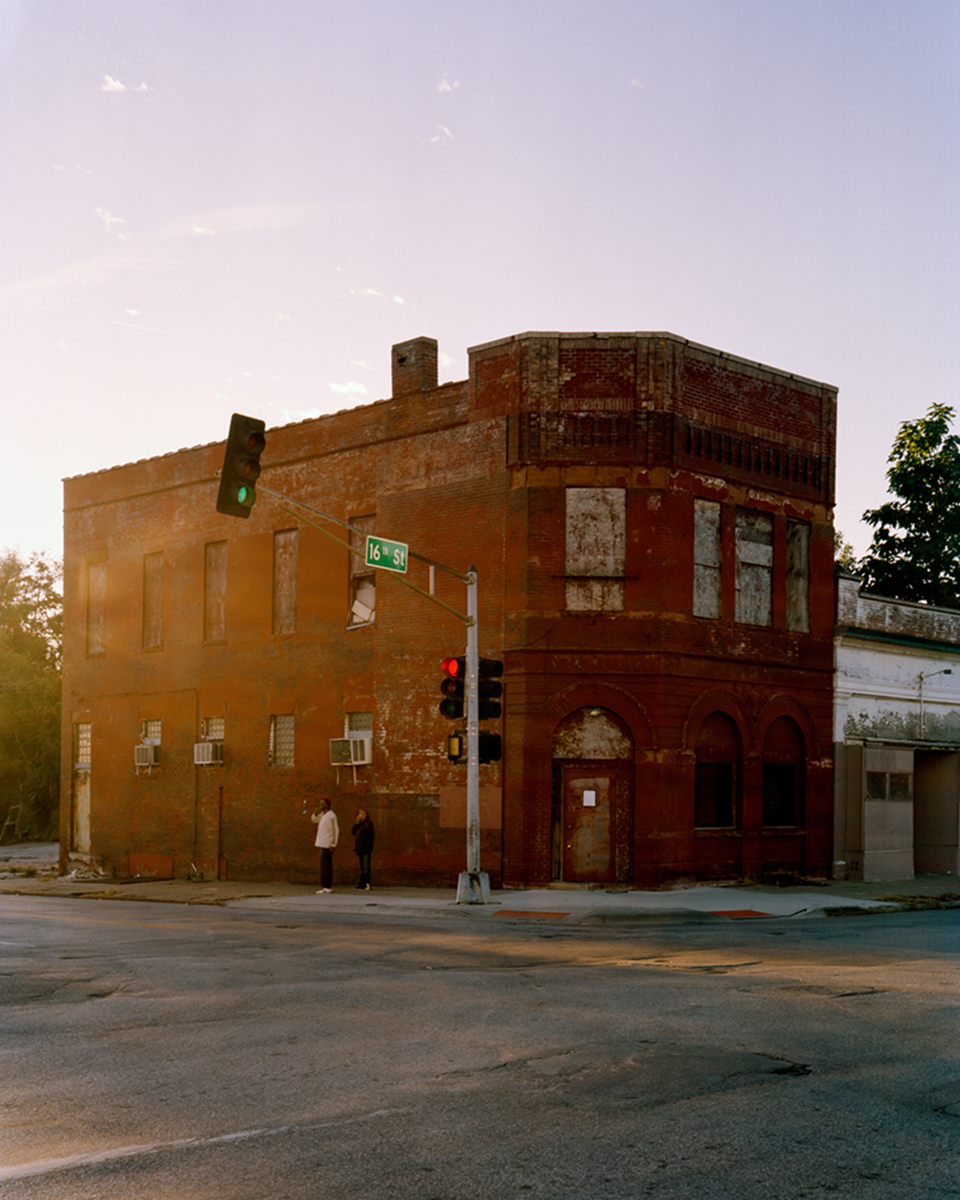
©Zora J Murff
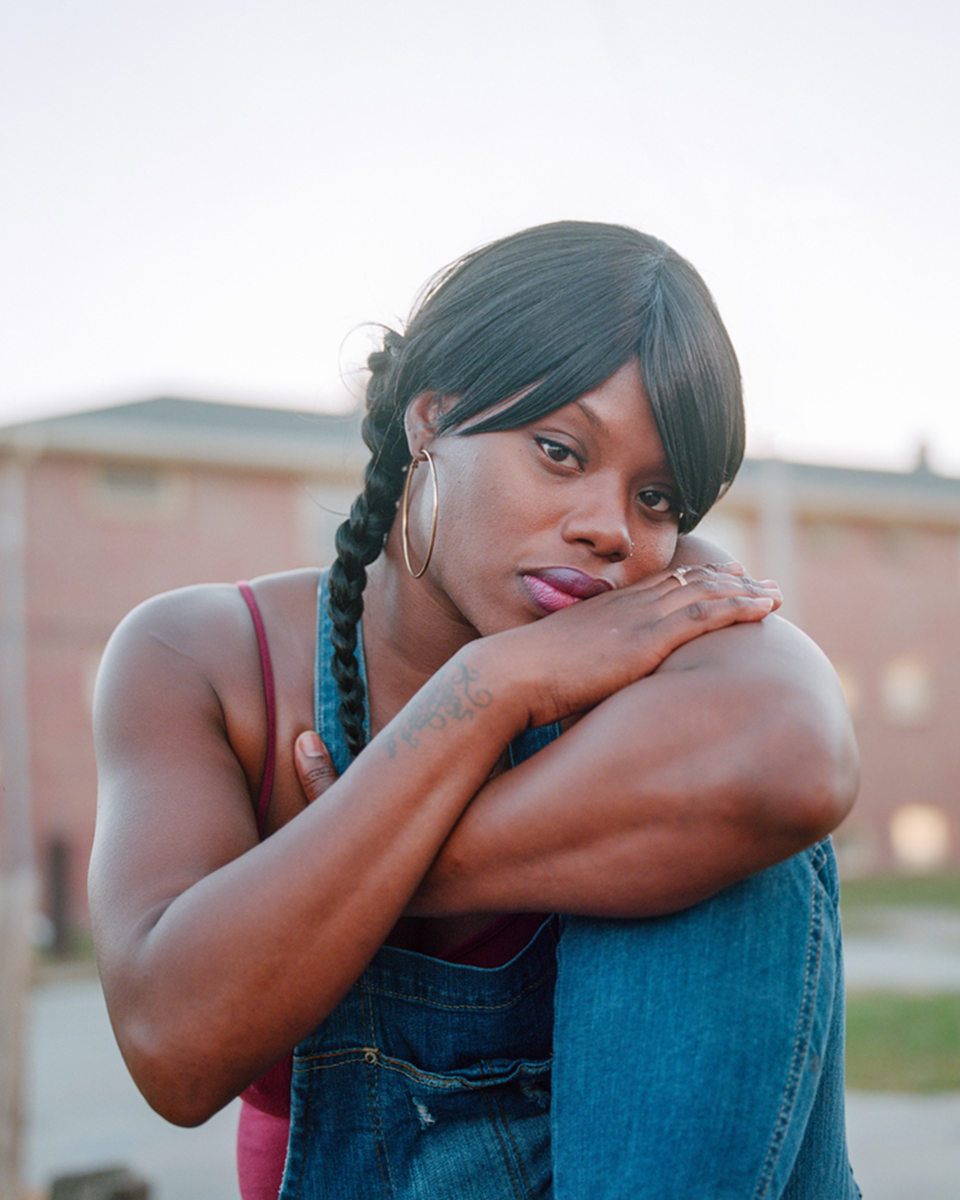
©Zora J Murff
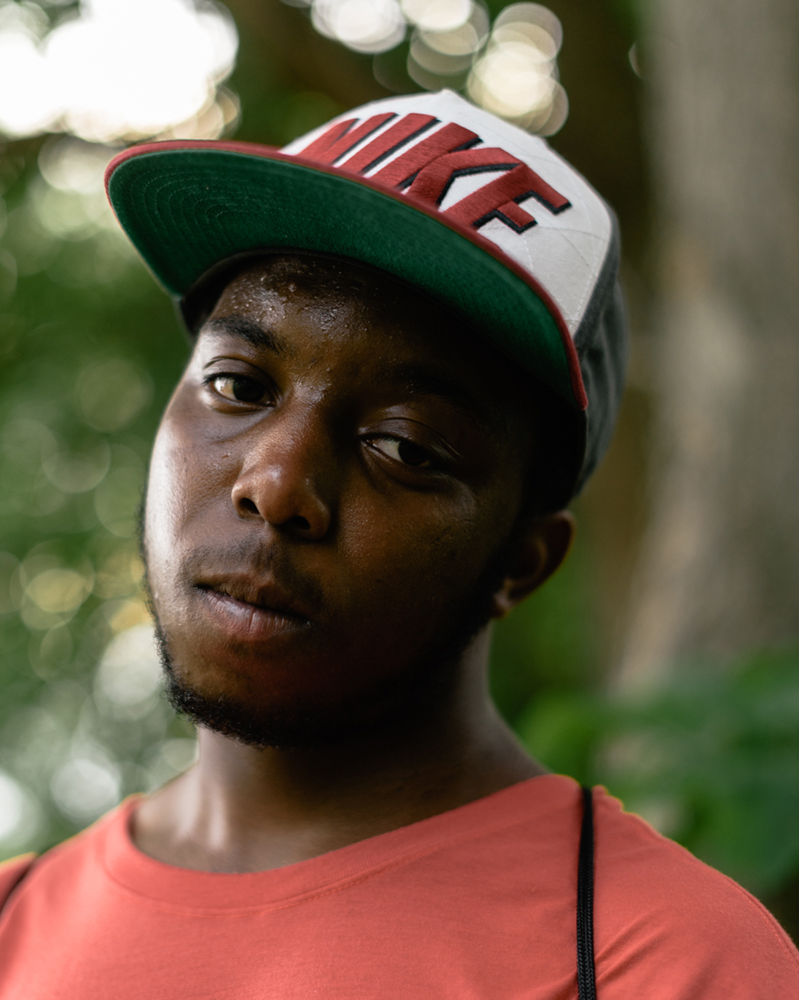
©Zora J Murff
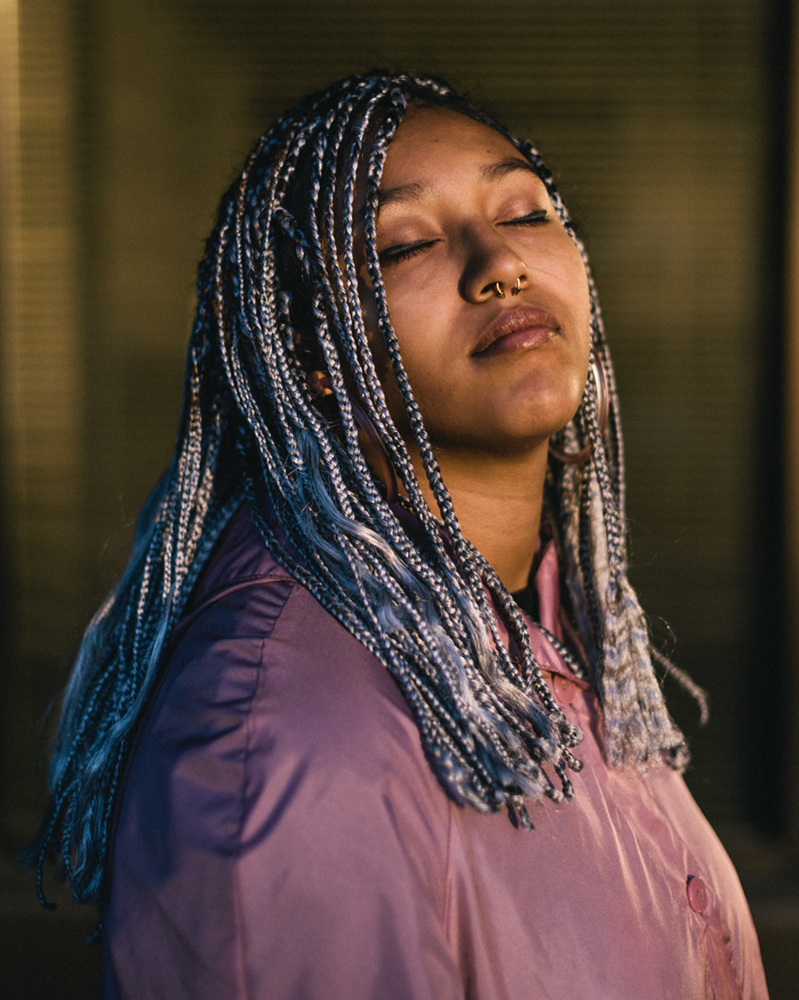
©Zora J Murff
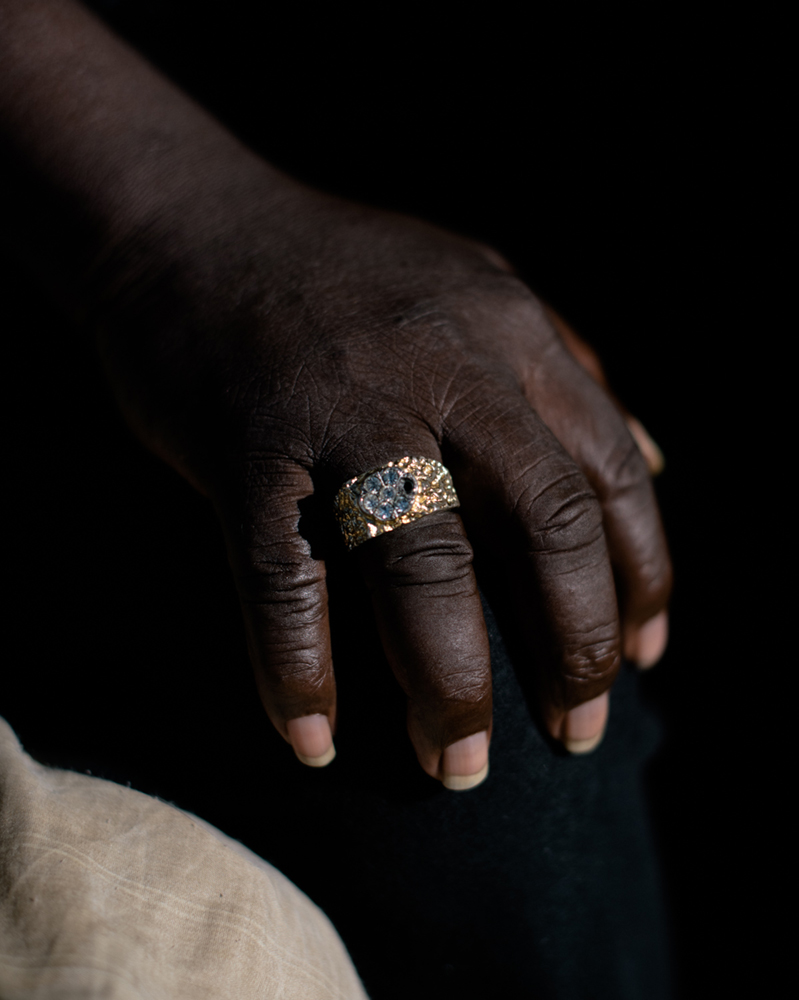
©Zora J Murff
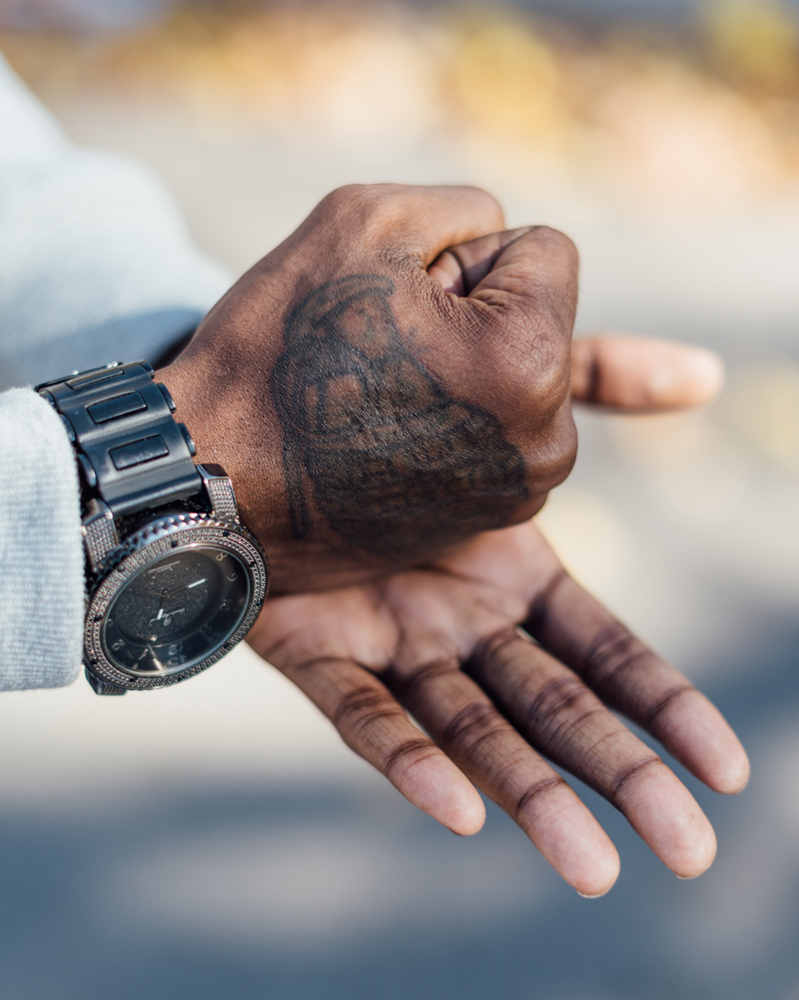
©Zora J Murff
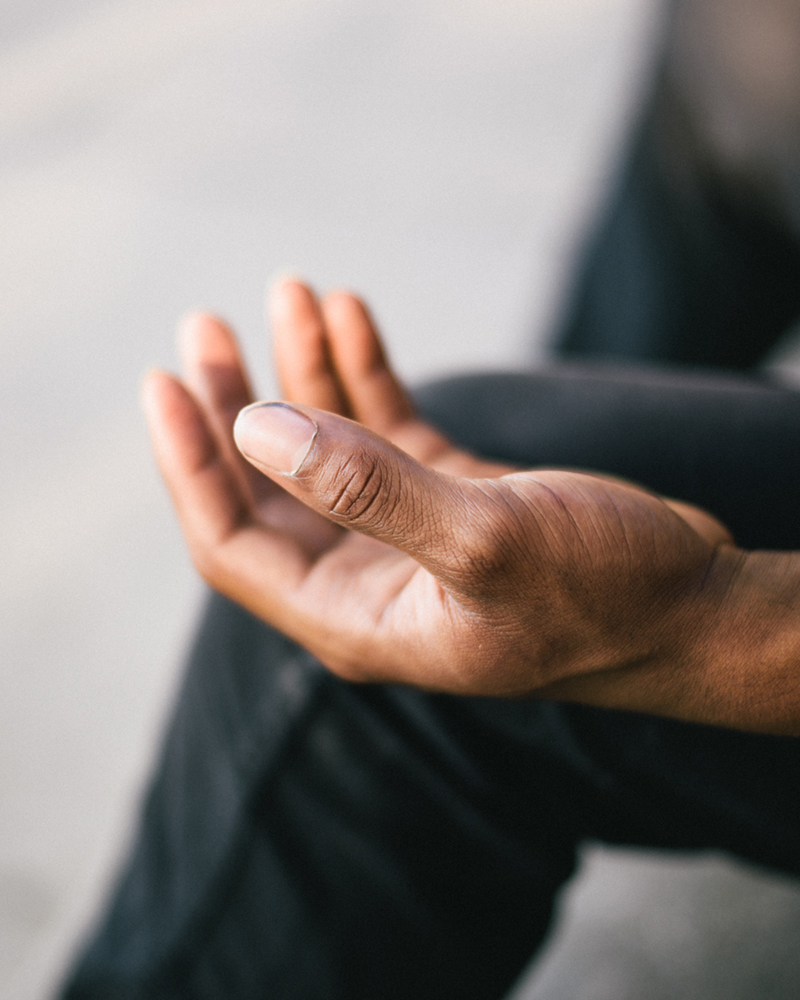
©Zora J Murff
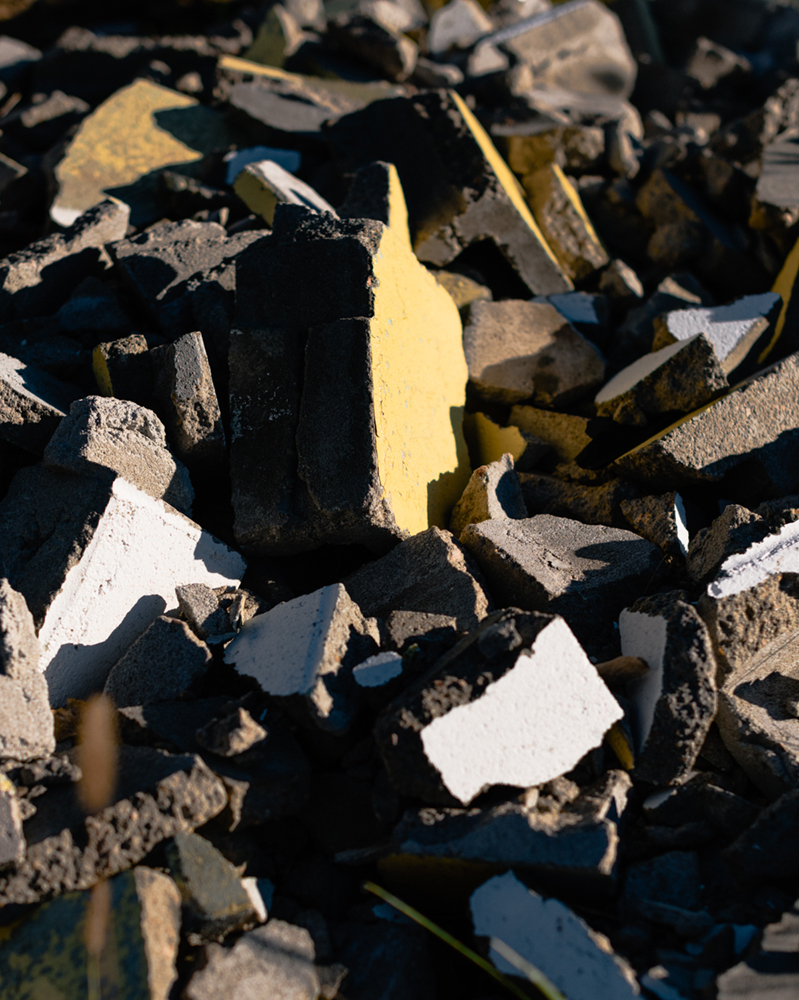
©Zora J Murff
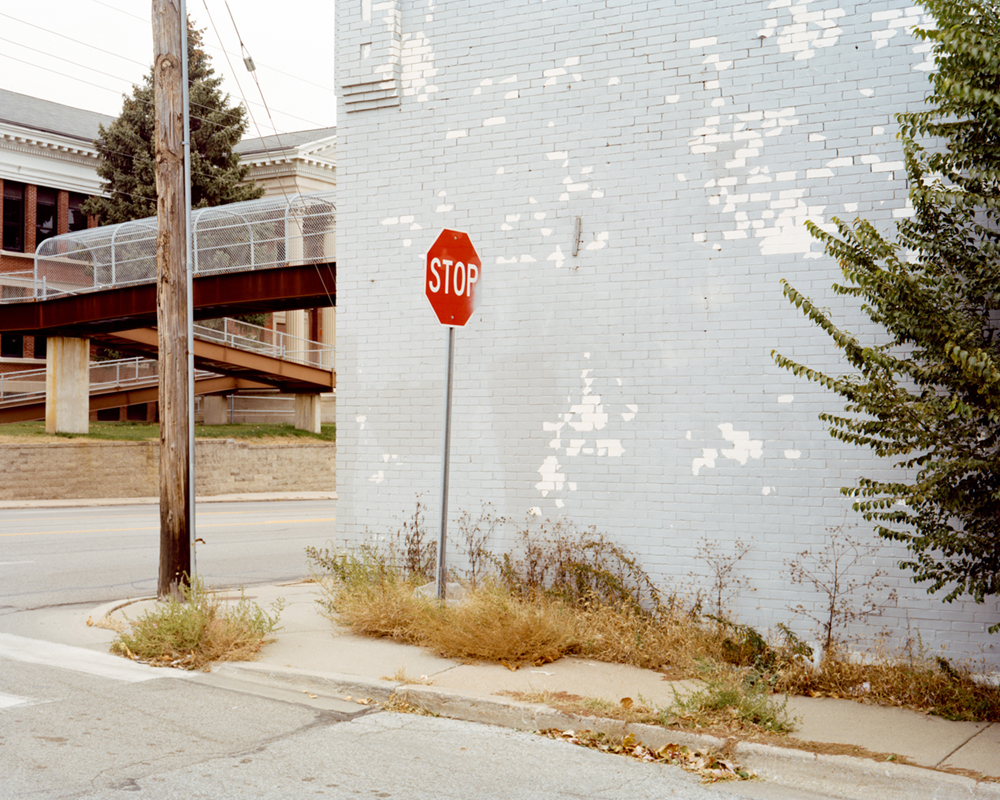
©Zora J Murff
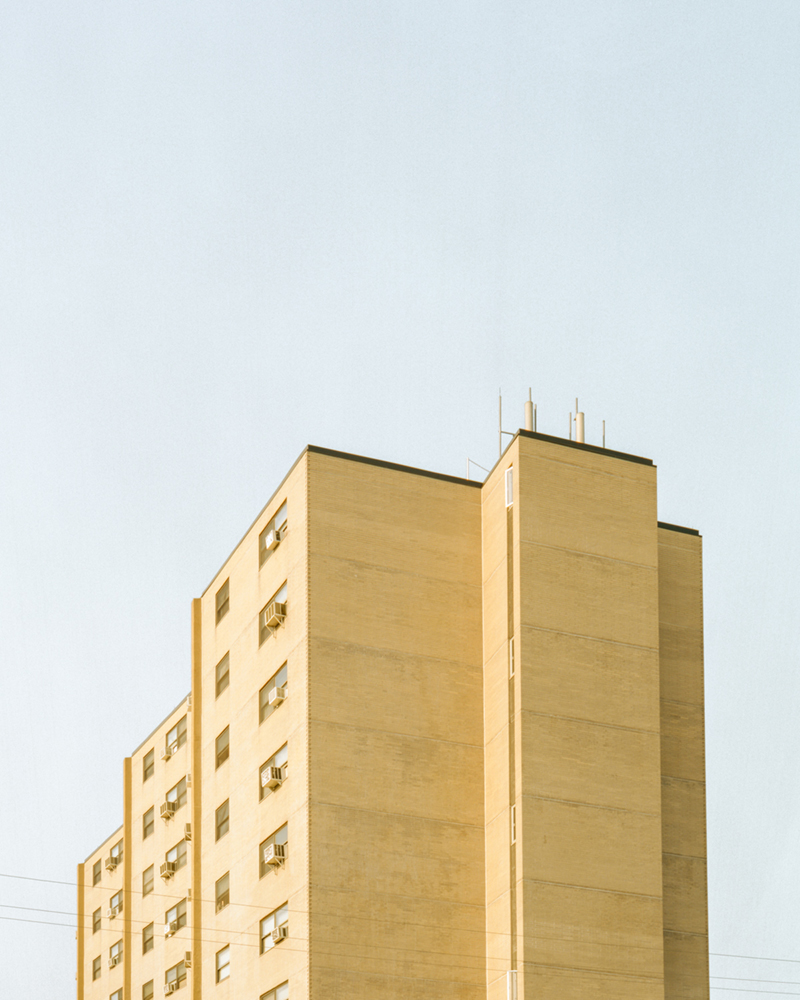
©Zora J Murff
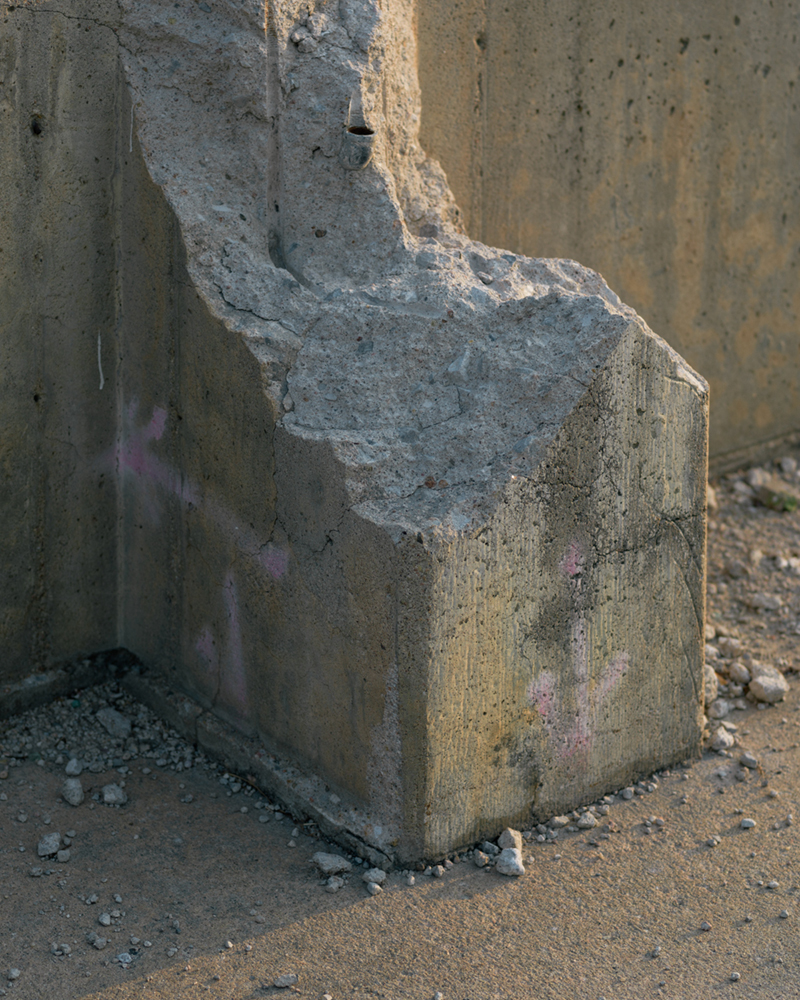
©Zora J Murff
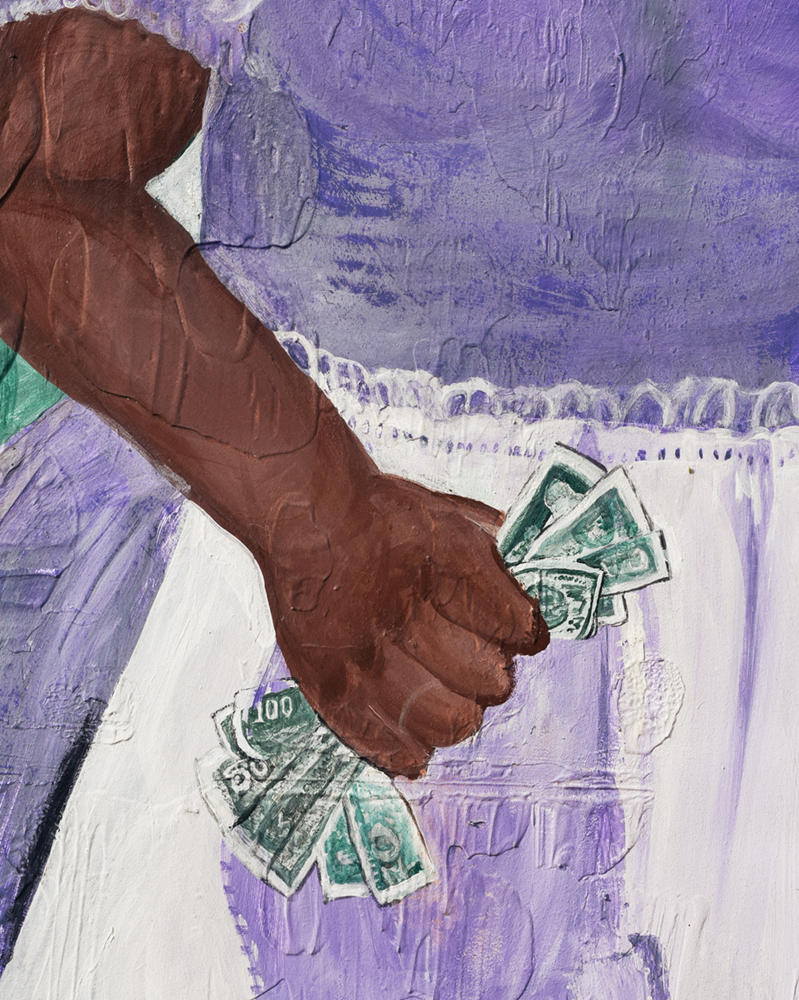
©Zora J Murff
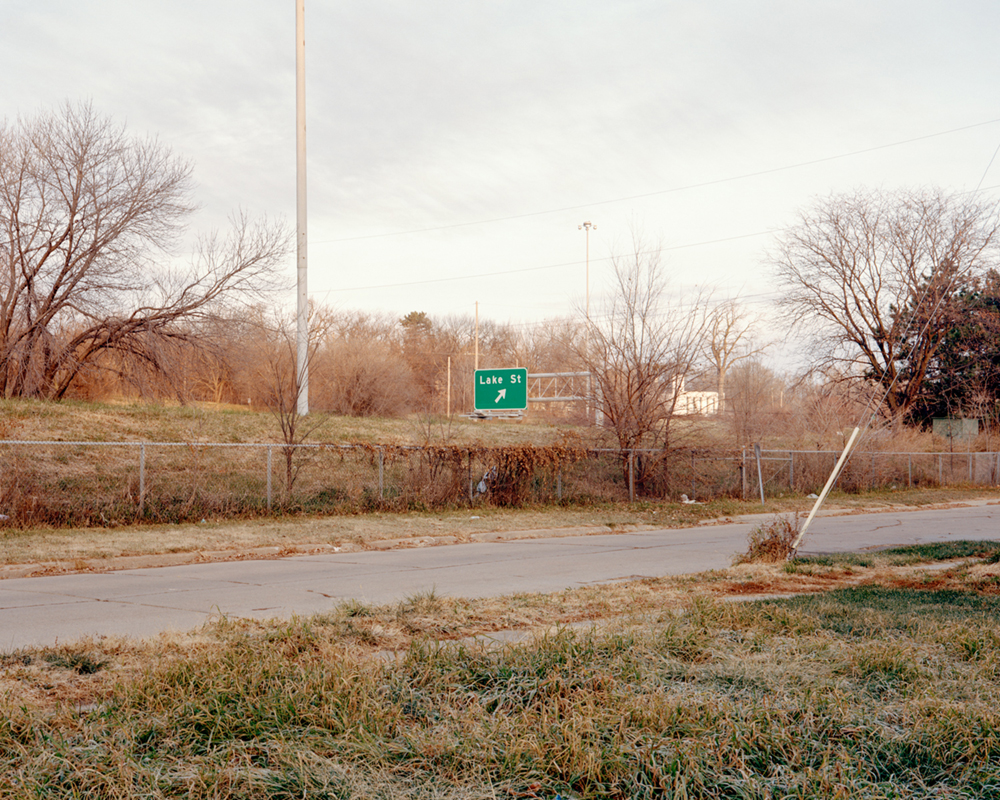
©Zora J Murff
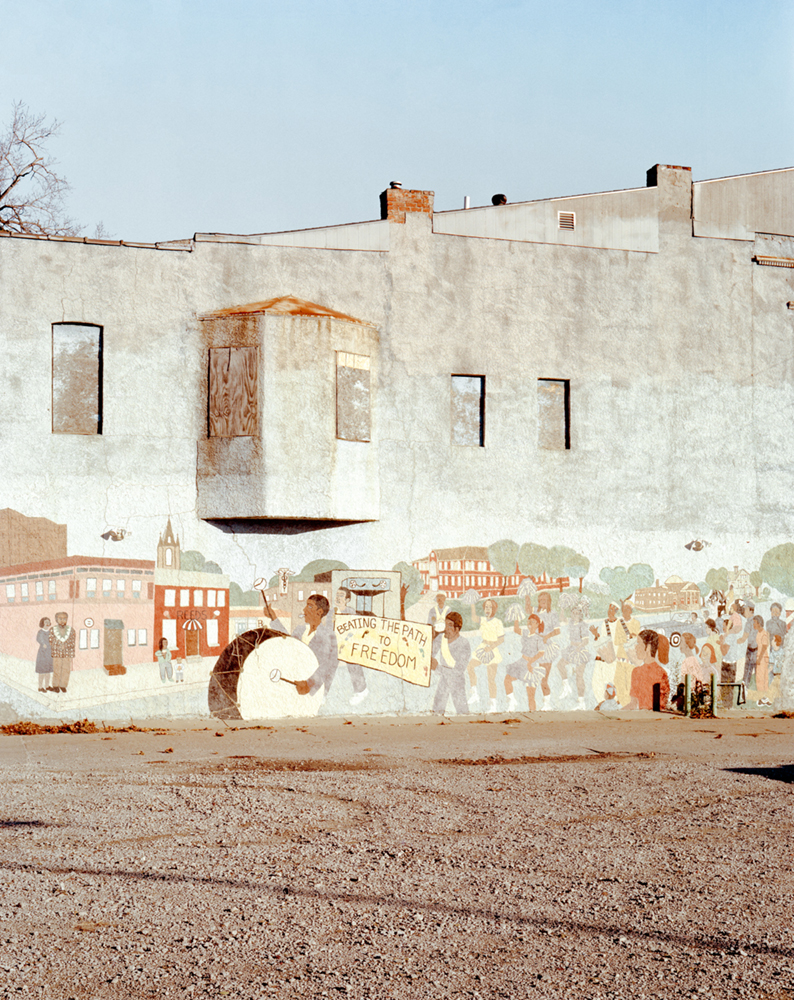
©Zora J Murff
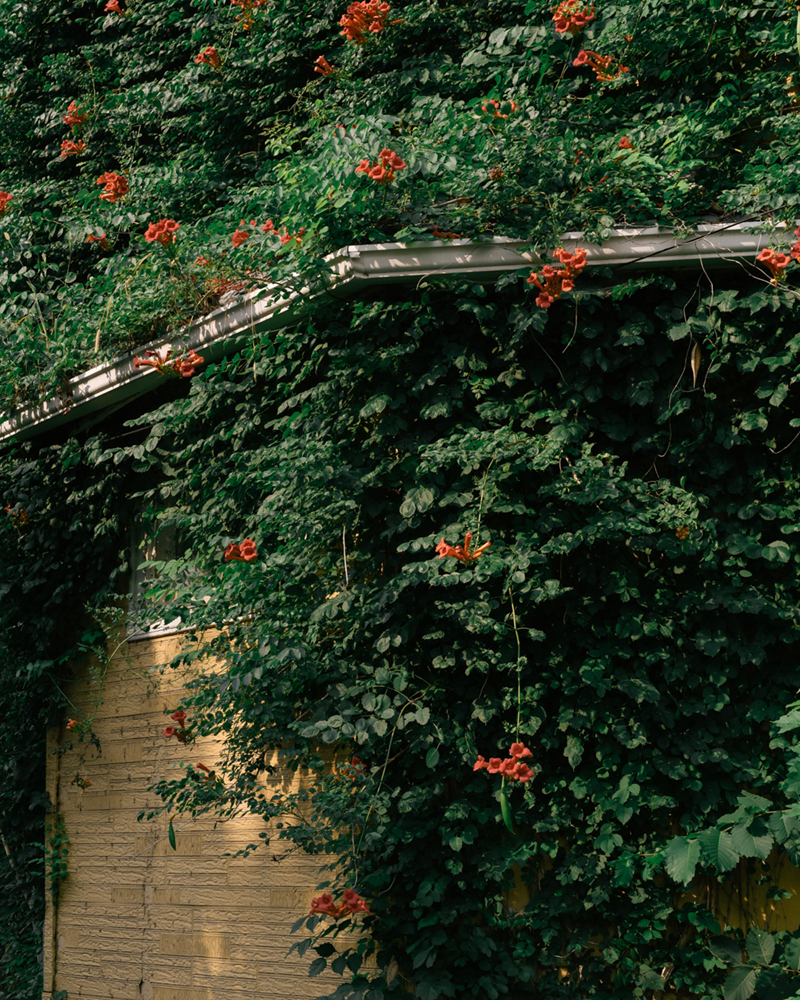
©Zora J Murff
Posts on Lenscratch may not be reproduced without the permission of the Lenscratch staff and the photographer.
Recommended
-
Nick Tarasov: 2018 Lenscratch Student Prize Honorable MentionJuly 15th, 2018
-
Lindley Warren: 2018 Lenscratch Student Prize Honorable MentionJuly 14th, 2018
-
Jasmine Clarke: 2018 Lenscratch Student Prize Honorable MentionJuly 13th, 2018
-
Charlotte Woolf: 2018 Lenscratch Student Prize Honorable MentionJuly 12th, 2018
-
William Douglas: 2018 Lenscratch Student Prize Third Place WinnerJuly 11th, 2018

